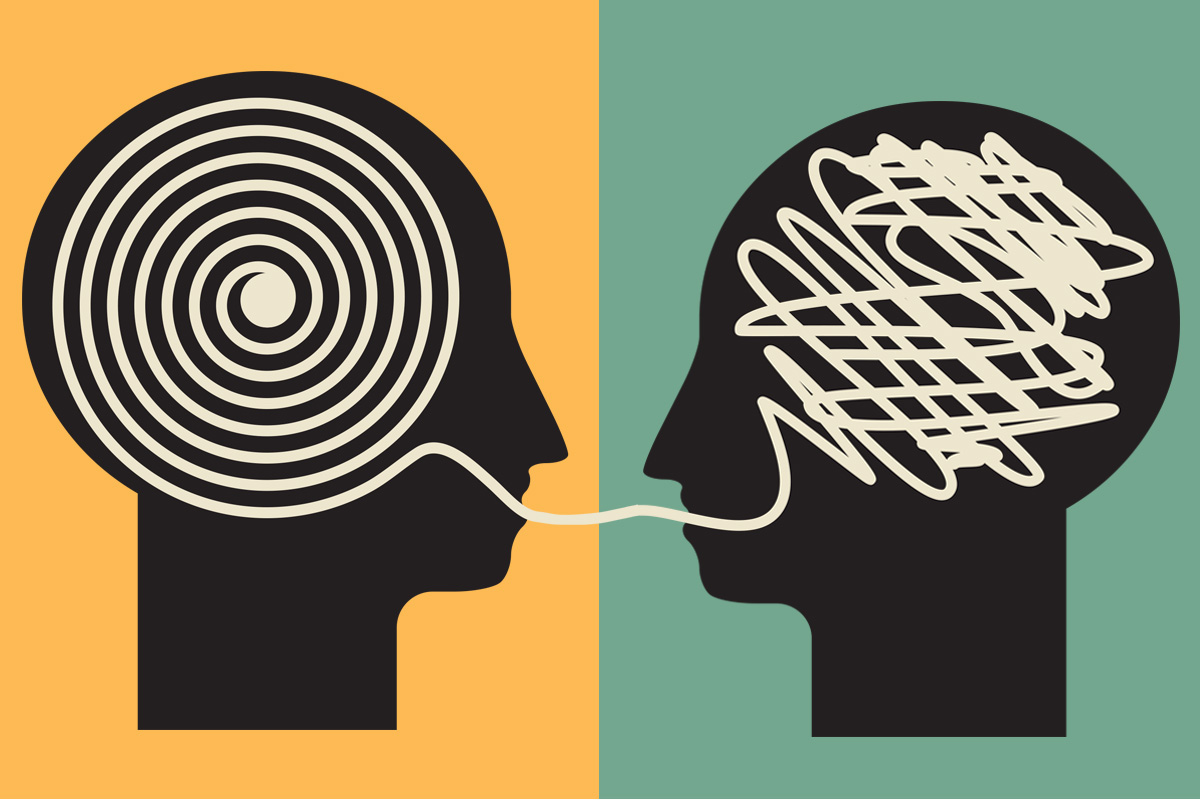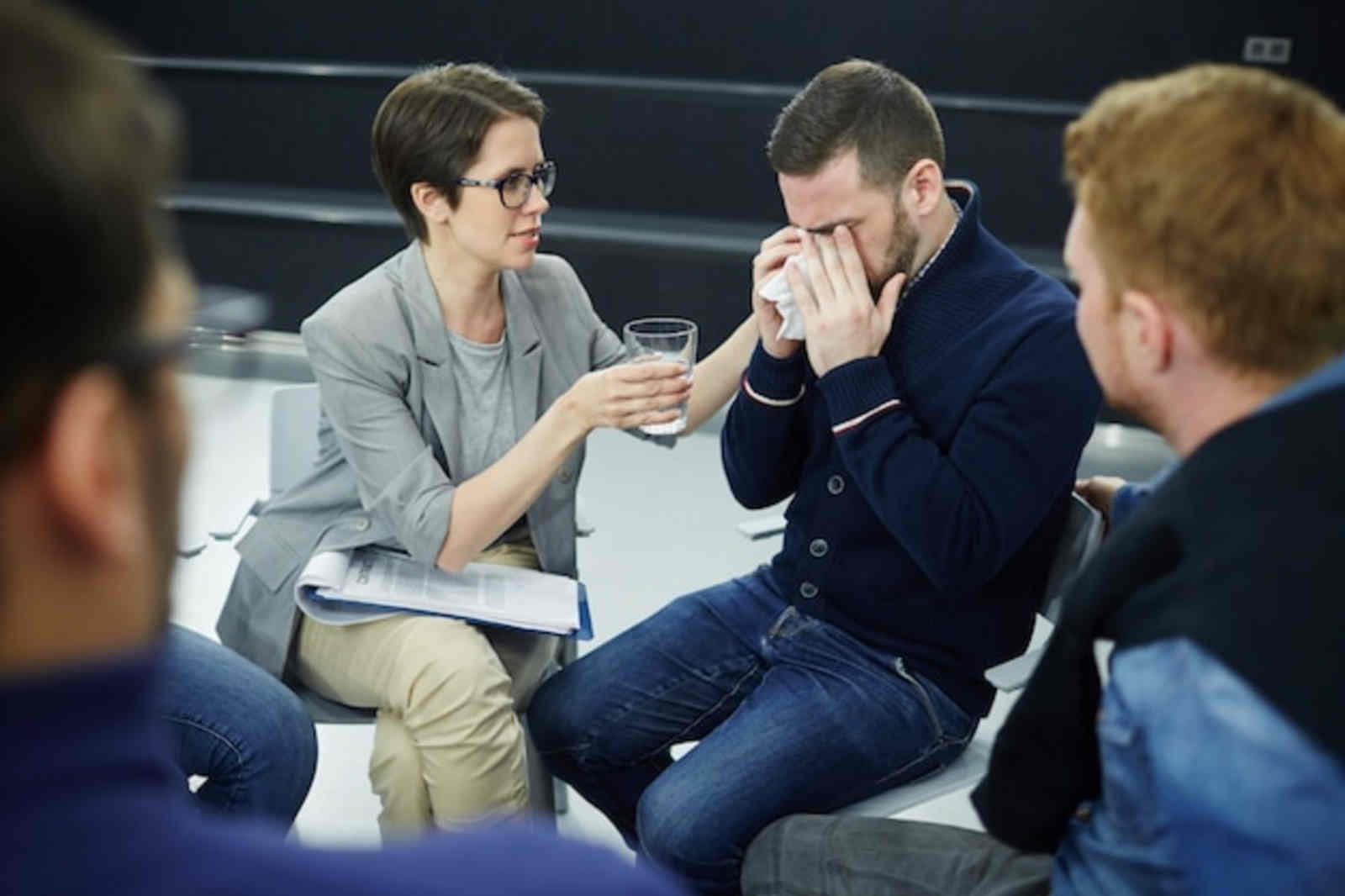
From Surviving to Thriving: Expert Tips for Healing Trauma
Imagine a life where the grip of trauma no longer defines you – a life where resilience and strength abound, propelling you from mere survival to breathtaking thriving. Healing from trauma is not only possible but within your reach. In this transformative blog post, we unveil expert tips that will empower you on your healing journey. From unraveling the layers of past wounds to cultivating self-care practices that nurture your spirit, buckle up as we embark upon an extraordinary exploration into healing trauma like never before. Get ready to reshape your narrative, rediscover joy, and embrace a future filled with limitless possibilities – because it’s time for you to thrive.

The Effects of Trauma
Trauma is an event or experience that causes physical or emotional harm. The effects of an injury can be short-term or long-term, ranging from minor to severe. While some people can recover quickly from a traumatic event, others may struggle for months or even years. Most people will experience some form of trauma at some point in their lives. It’s important to remember that everyone responds to trauma differently. There is no “right” or “wrong” way to feel after a traumatic event. Some common reactions to trauma include:
- feeling confused, overwhelmed, or numb
- feeling angry, irritable, or aggressive
- difficulty sleeping or concentrating
- increased anxiety or fearfulness
- flashbacks or intrusive memories of the event

How to Recognize Trauma in Yourself
Many people who have experienced trauma go through life feeling numb and disconnected. Often, they don’t even realize that they’re living in a state of constant fear or that their past experiences are affecting their current behavior. If you suspect that you might be dealing with trauma, here are some signs to look out for:
- You feel constantly on edge as if you’re waiting for something bad to happen.
- You have trouble sleeping or often wake up feeling exhausted.
- You startle easily or find yourself jumpy and easily startled.
- You avoid things that remind you of the traumatic event.
- You feel numb or disconnected from your emotions.
- You find it difficult to trust people.
- You feel like there’s no future for you, or that your life is somehow not worth living.
If you’re experiencing any of these signs, it’s important to seek professional help so you can begin the healing process. Don’t try to tough it out on your own – reaching out for help is a sign of strength, not weakness.

Tips for Processing and Managing Emotions
Trauma can take a toll on your emotions. You may feel numb, disconnected, or even irritable. It’s important to process these emotions healthily. Here are some tips for managing your emotions:
- Acknowledge your emotions. Don’t try to bottle them up. Recognizing and accepting your emotions is an important step in healing.
- Talk about your experiences with someone you trust. This can be a therapist, friend, or family member. Talking about what you’ve been through can help you make sense of it and begin to process your emotions.
- Write about your experiences. Writing can be a cathartic experience that allows you to express yourself safely and privately.
- Do something physical to release stress and tension. Exercise, dance, or simply take a walk outdoors. Physical activity can help reduce stress and improve your mood.
- Seek professional help if you’re struggling to cope. A therapist can provide support and guidance as you work through your trauma and heal emotional wounds.

Strategies for Coping with Triggers
When you’ve experienced trauma, it can be hard to feel safe in the world. Your body may feel like it’s constantly on alert, and you may find yourself feeling triggered by seemingly innocuous things. While it can be difficult to cope with triggers, some strategies can help.
One strategy is to develop a support system of close friends or family members whom you can rely on when you’re feeling triggered. These people can provide a listening ear and a shoulder to cry on when needed. Additionally, they can help you to identify your triggers and work on coping strategies together.
Another strategy is to practice self-care. This may include things like exercise, journaling, relaxation techniques, or time in nature. It’s important to find what works for you and to make self-care a priority in your life. When you take care of yourself, you’re better able to cope with whatever comes your way.
If you find yourself struggling to cope with triggers, it’s important to seek professional help. A therapist can help you to identify your triggers and work through them in a safe environment. They can also provide guidance and support as you work towards healing from your trauma.

Seek Support: Self-Care, Therapy, and Other Allies
Self-care is so important for survivors of trauma. Taking care of yourself helps you to feel stronger and more capable of dealing with whatever comes up. Consider making time for relaxation, exercise, healthy eating, and socializing with friends and family. Also, know that it’s okay to seek professional help if you’re struggling to cope with your experiences. Body to body massage London Therapy can be an extremely powerful tool for helping you to understand and work through your trauma. There are also many wonderful organizations and online resources available to support survivors. Reach out for help when you need it, and surround yourself with people who understand what you’re going through.
A depression therapist San Francisco can offer you the kind support and healing you need to overcome the obstacles of depression and strive towards better mental health. They also offer evidence-based interventions and caring counsel.

Conclusion
Trauma is a serious emotional and mental illness, but with the right support and treatment, it can be overcome. The tips we’ve provided in this article are only the start of what can be done to help survivors take control of their health and well-being. No matter where you may find yourself on your journey to healing, know that no matter how hopeless it may feel at times, there is always a way forward. With patience and dedication, those who have suffered trauma can learn to once again feel joy—and ultimately thrive—in life beyond their traumatic experiences.



